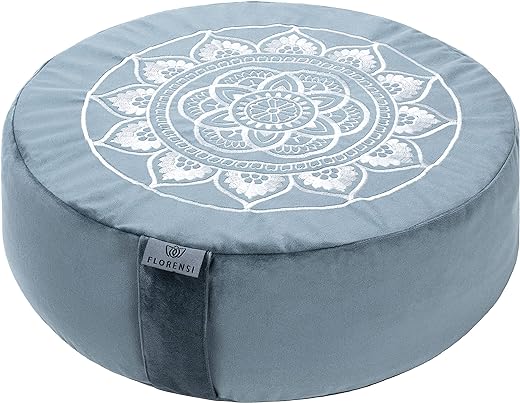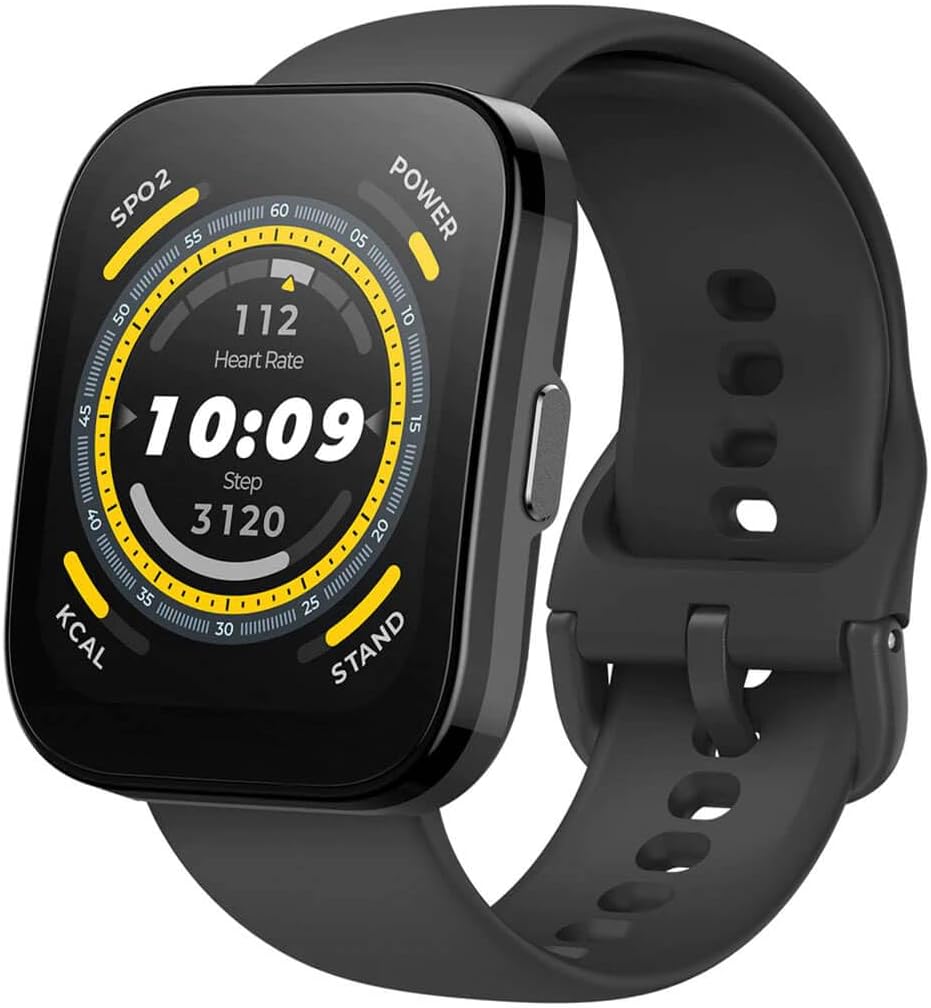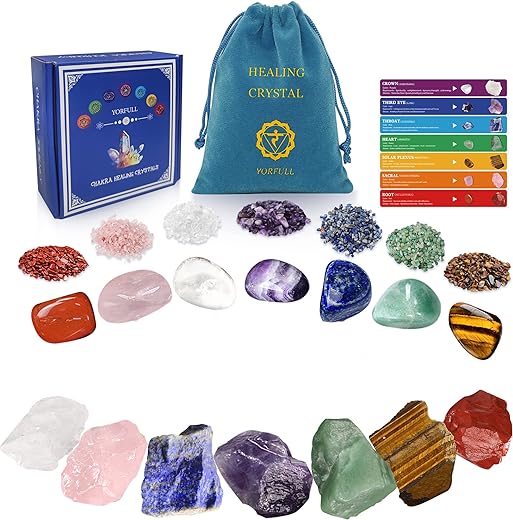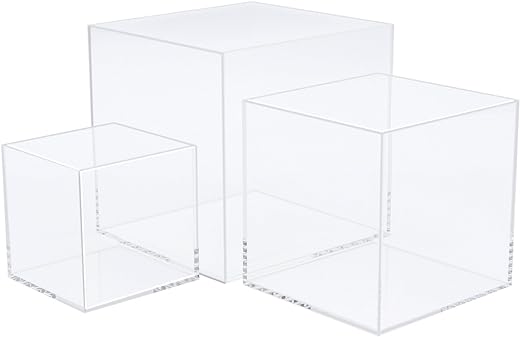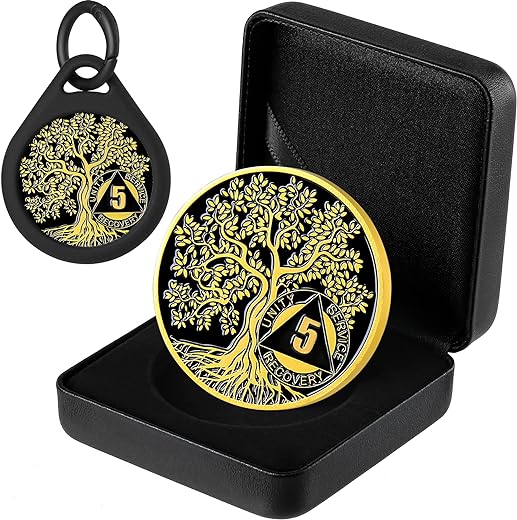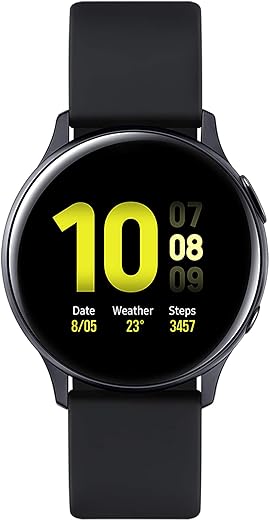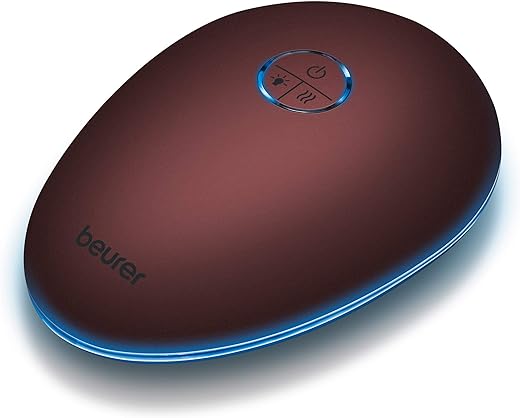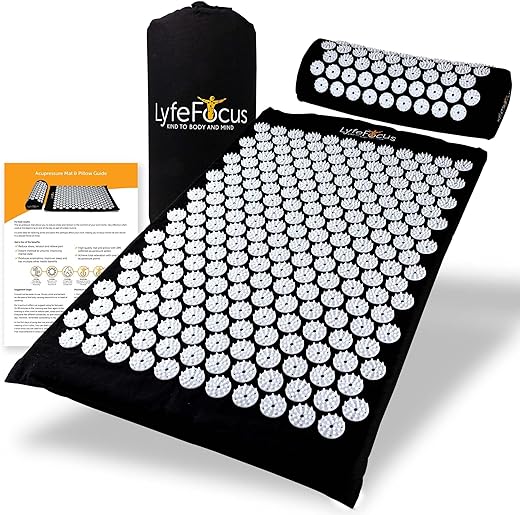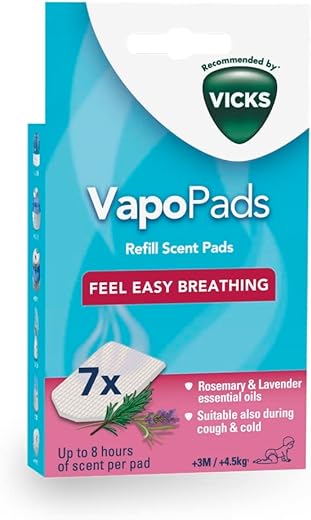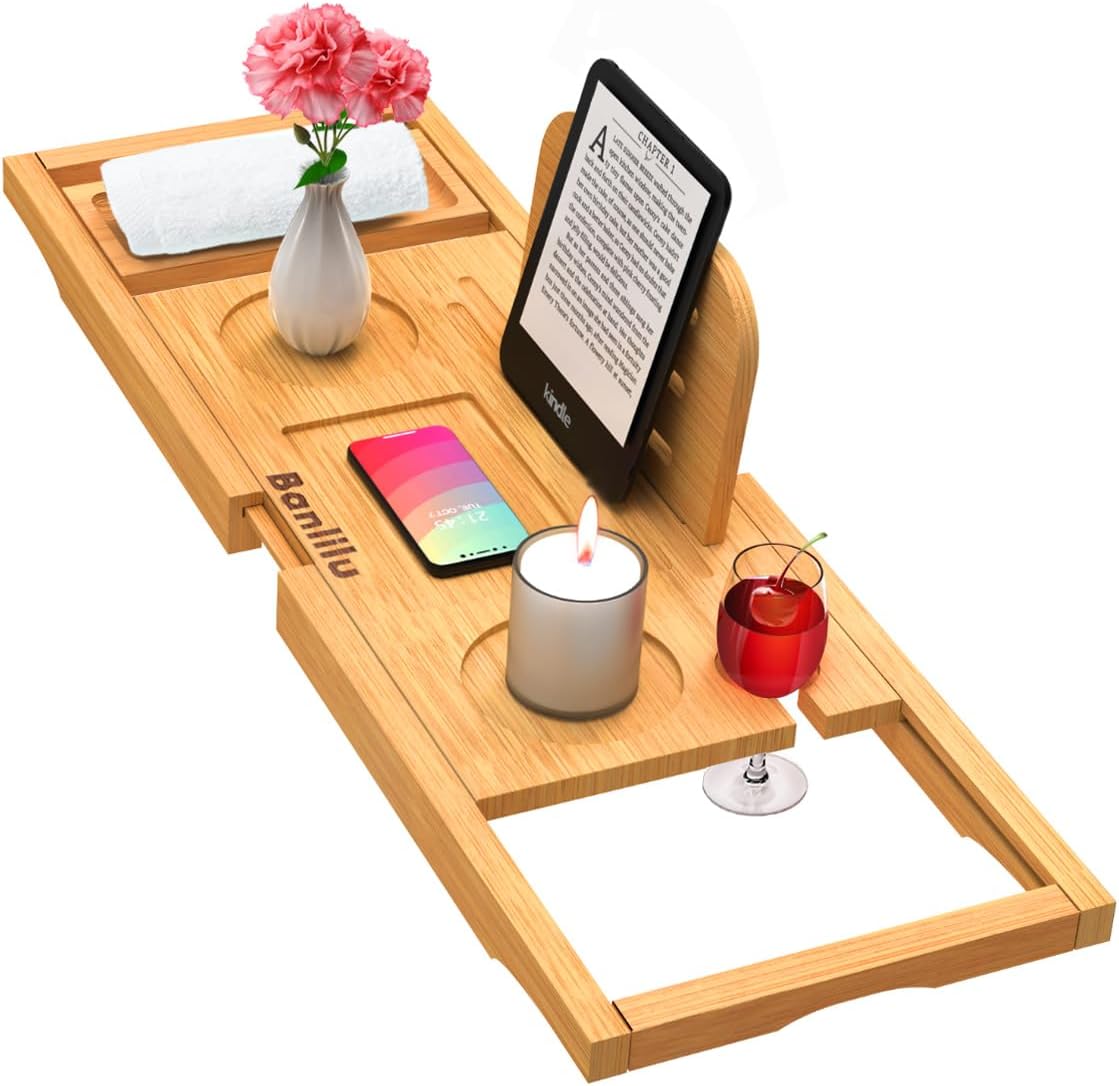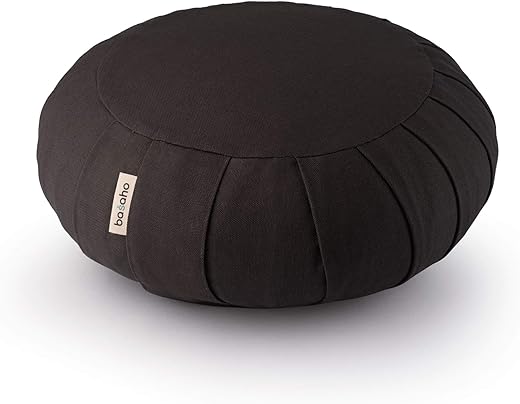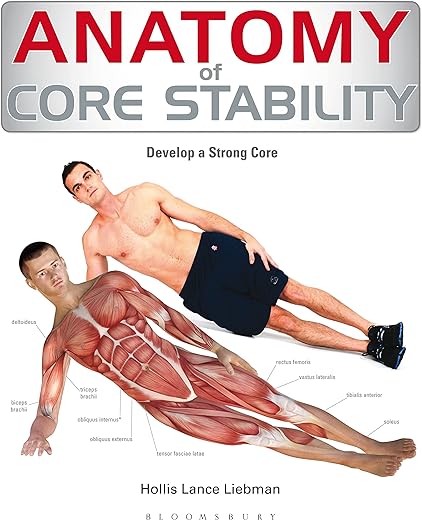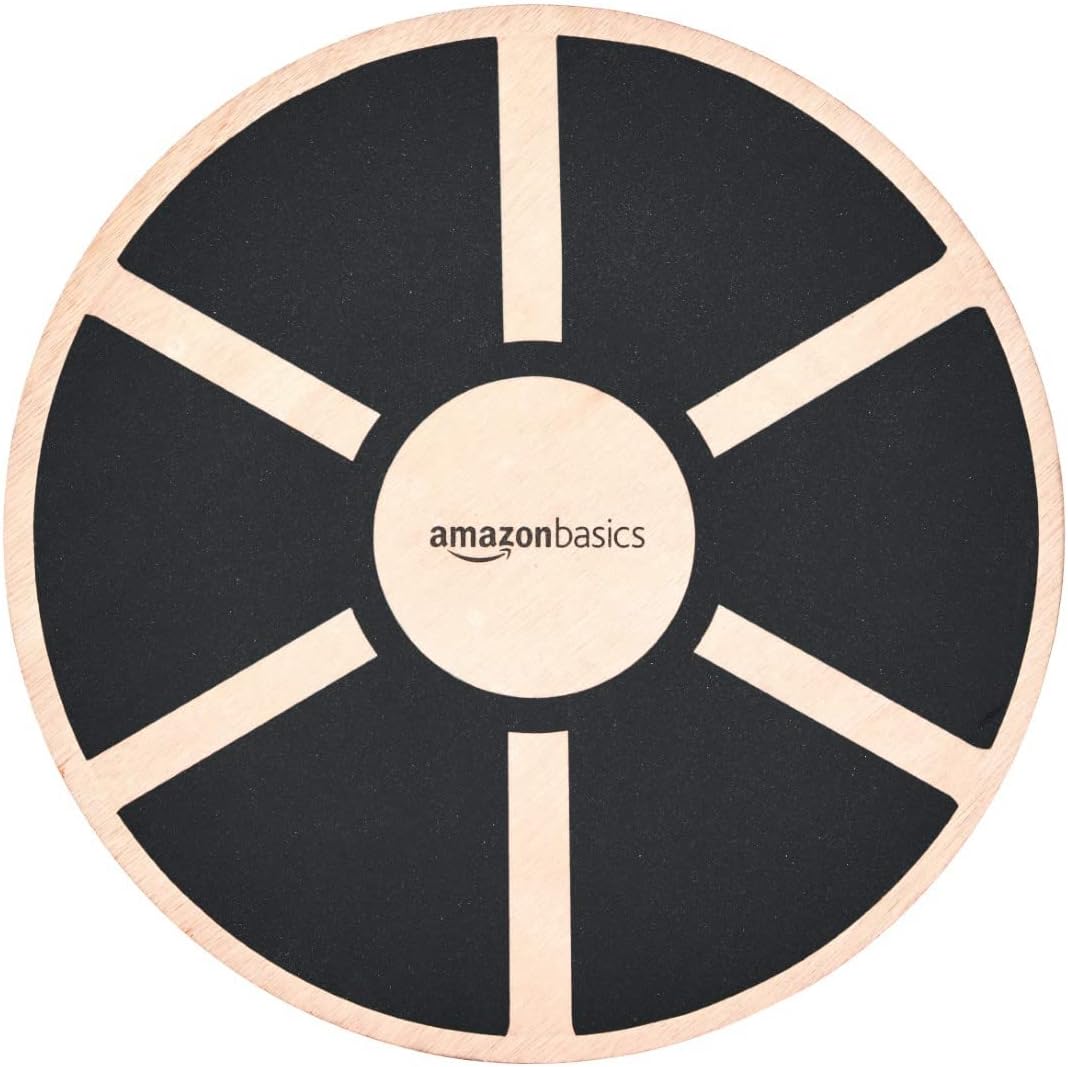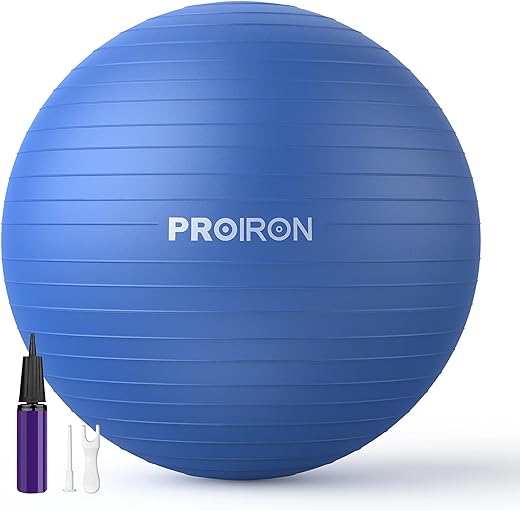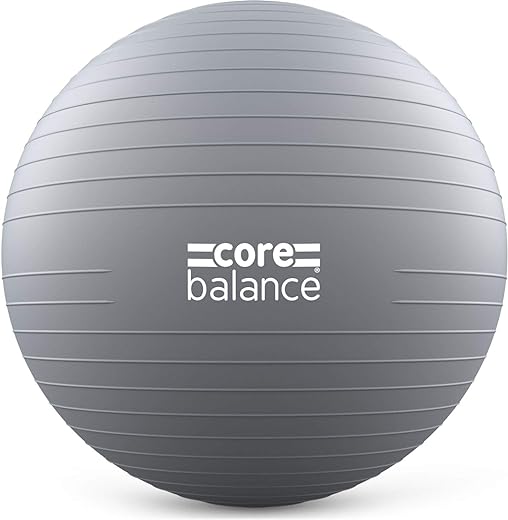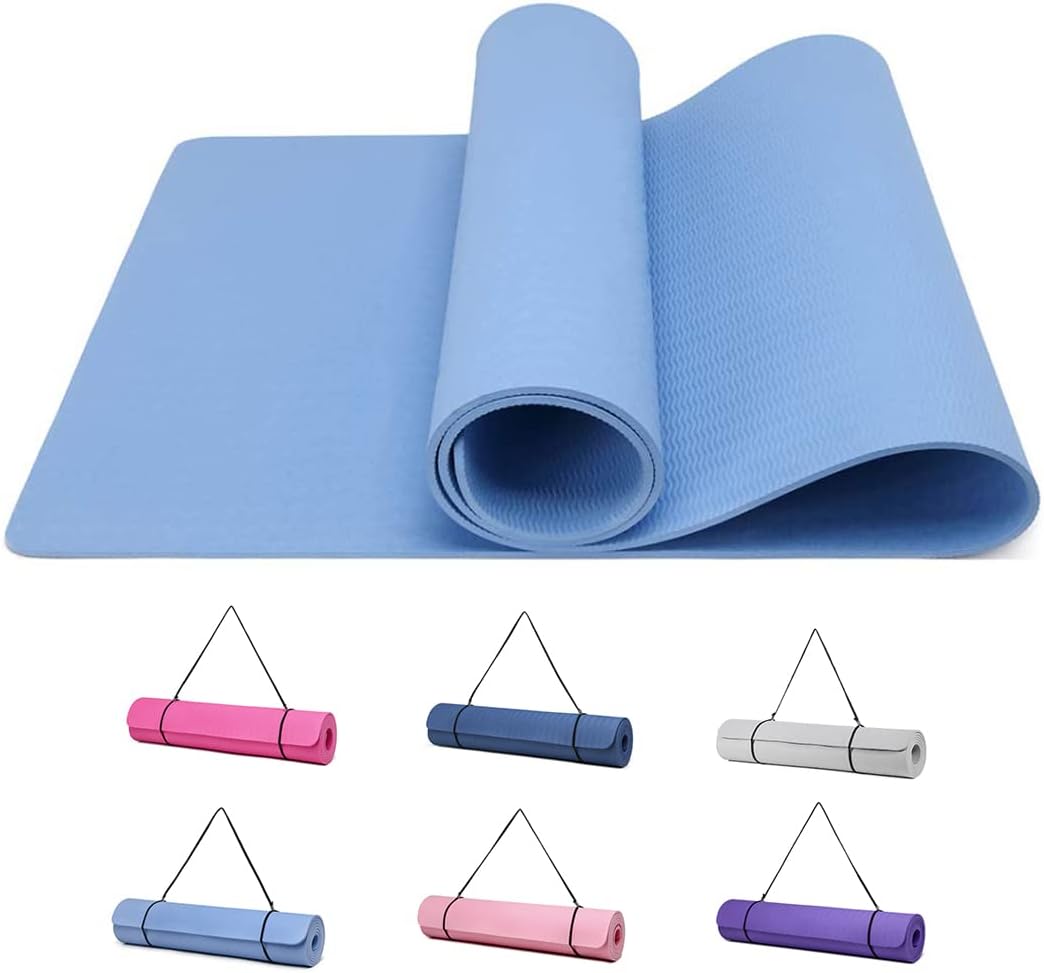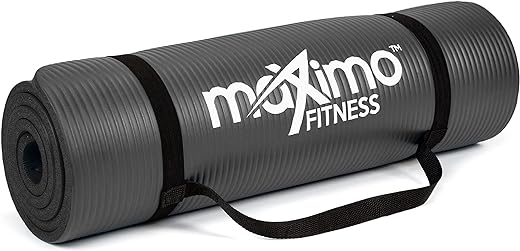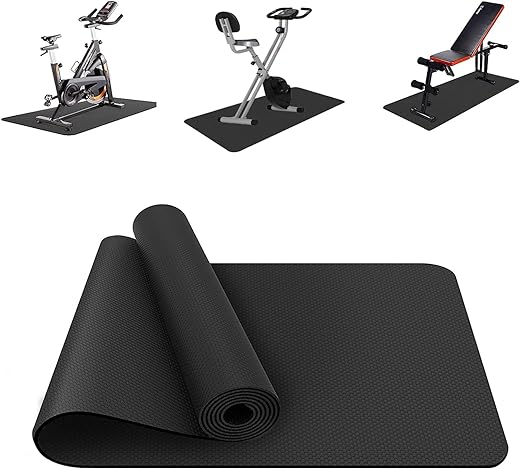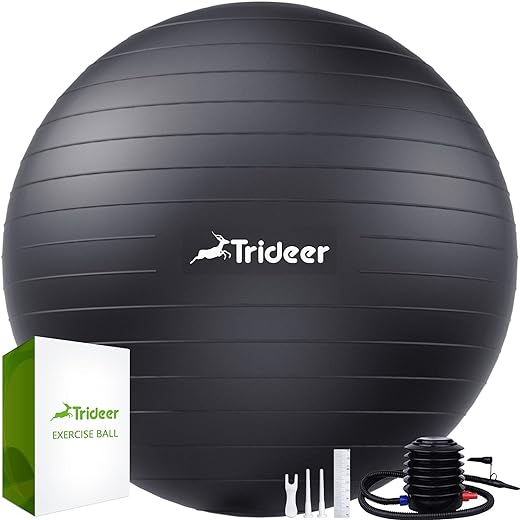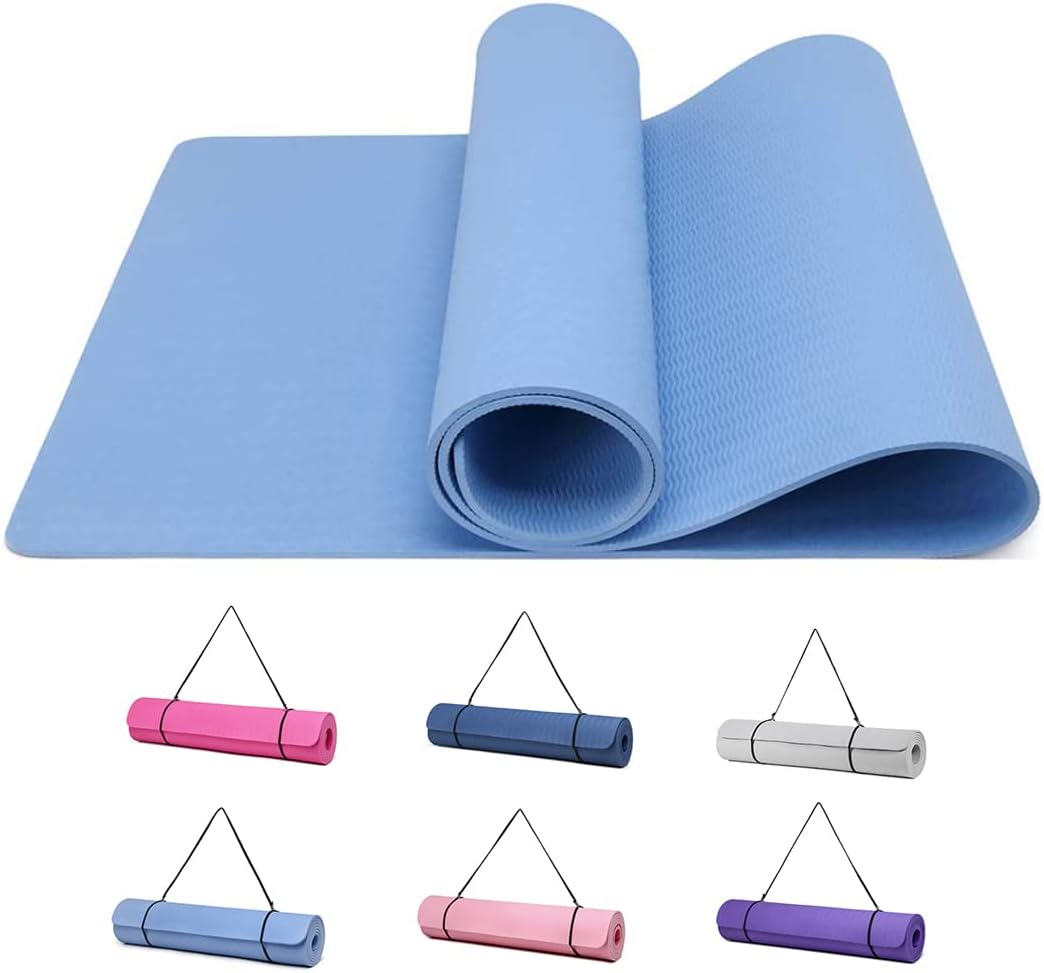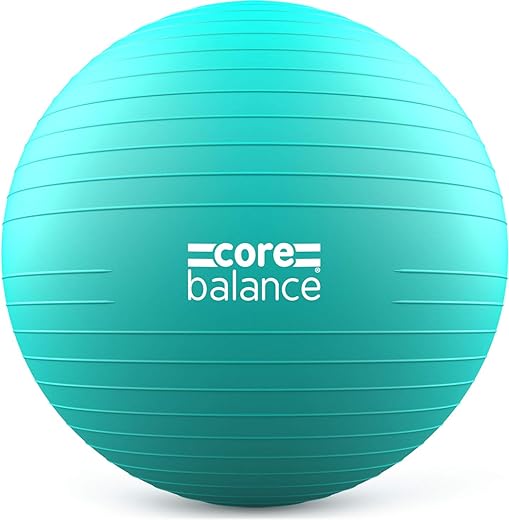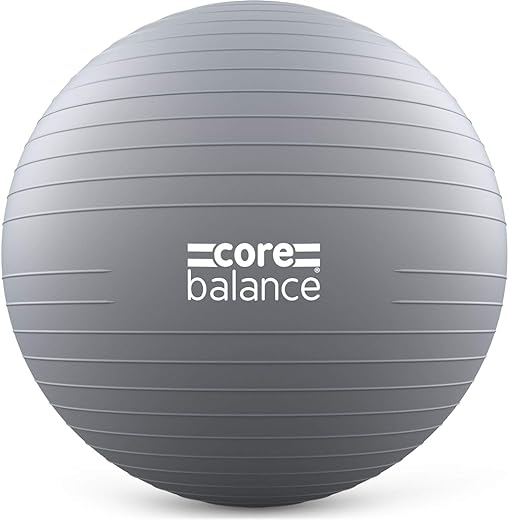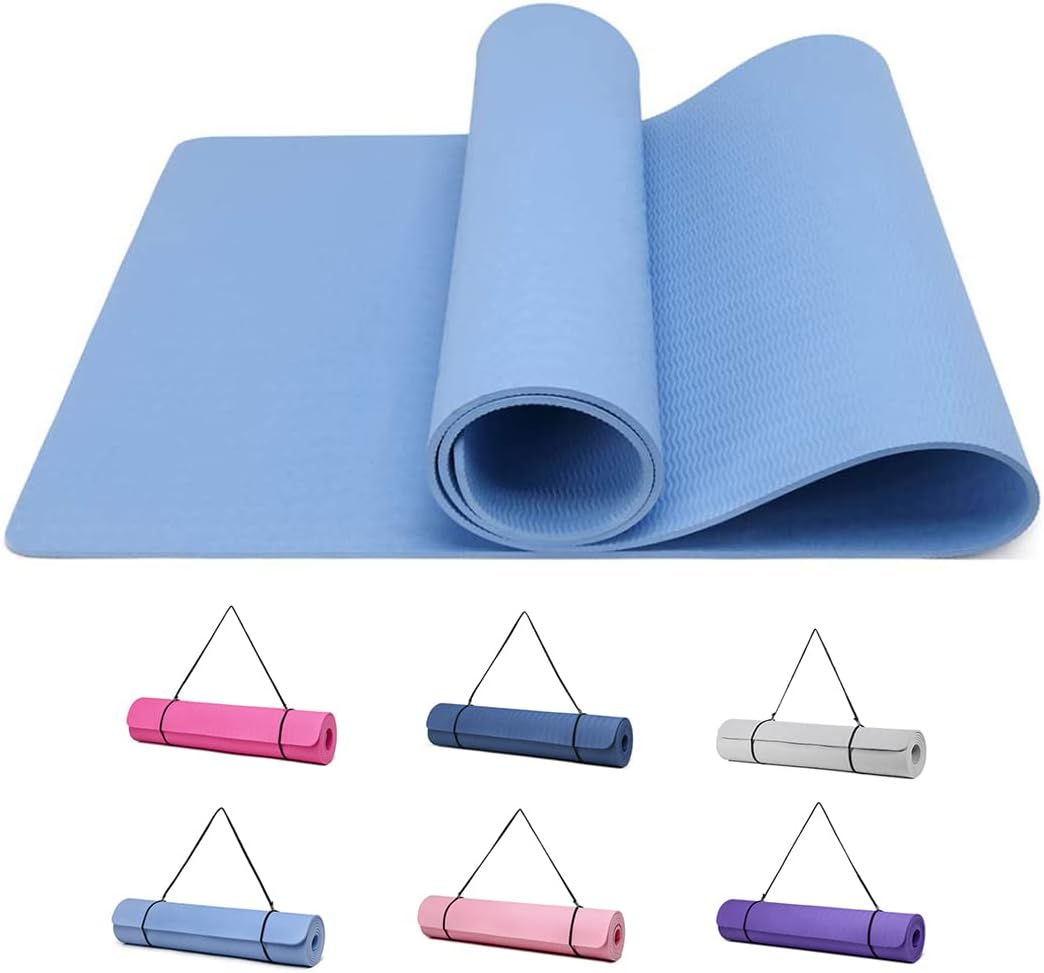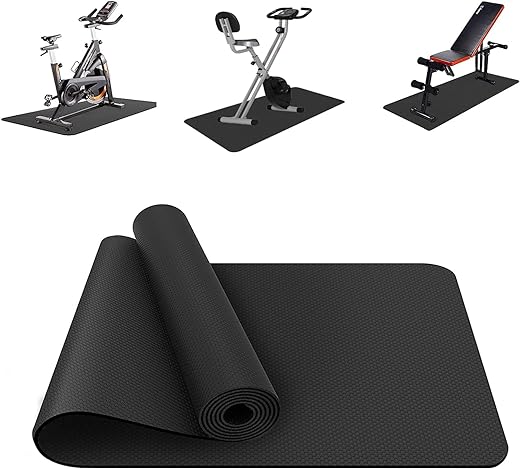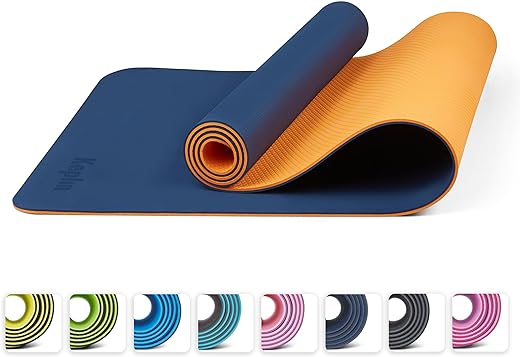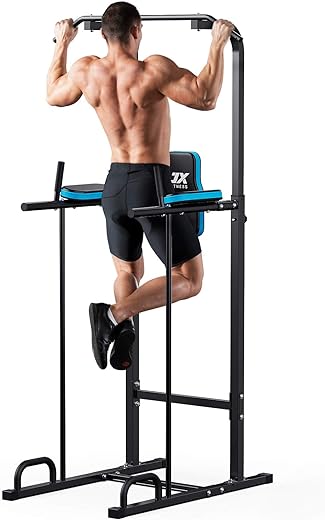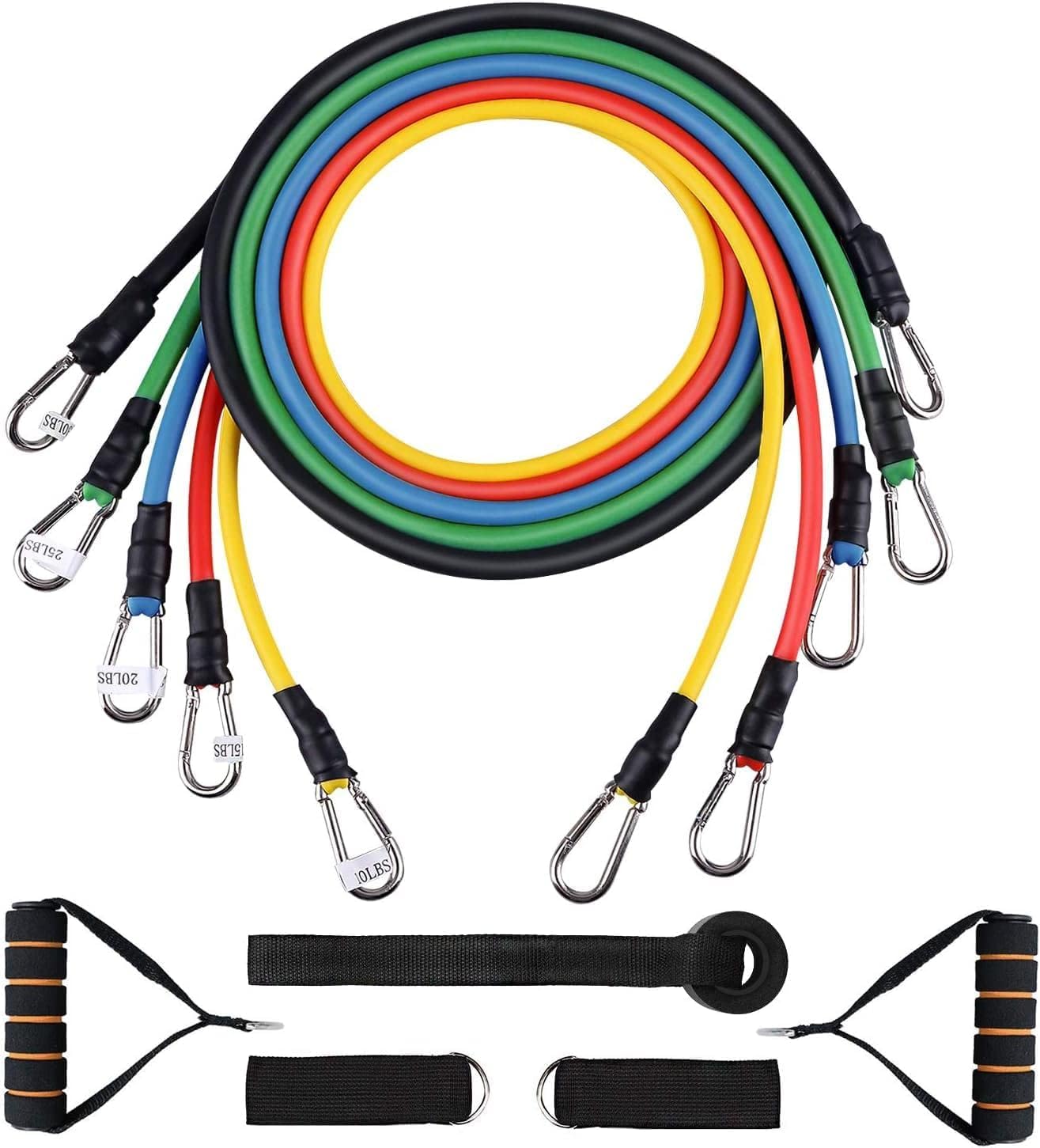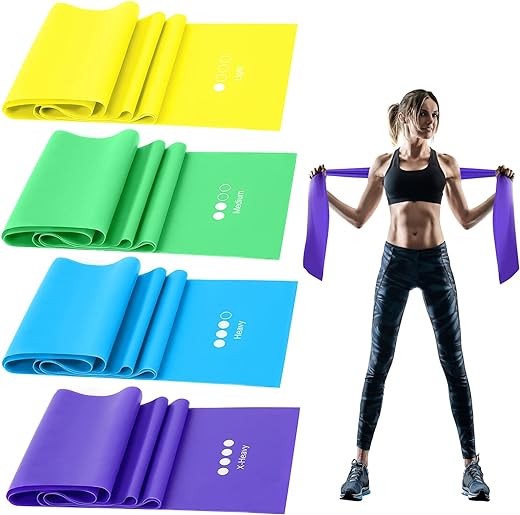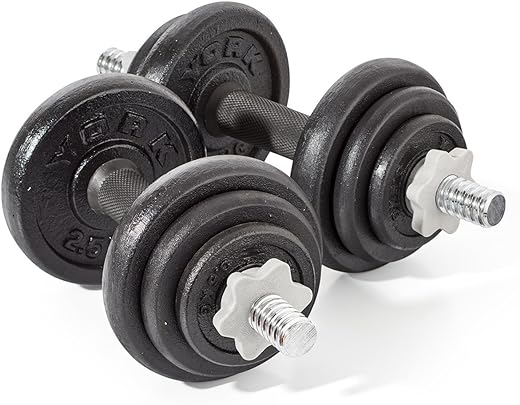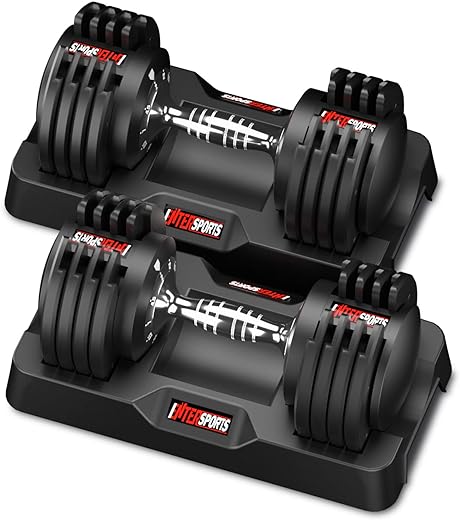RELATED STORIES
Do you find yourself struggling to stay productive and focused throughout the day? You’re not alone. With the rise of remote work and digital distractions, maintaining productivity can seem like an uphill battle. In this blog post, we share practical tips and strategies for boosting productivity and staying focused, including time management techniques, mindfulness practices, and tools to help you stay organized. Join us as we explore the science of productivity and how you can leverage it to achieve your goals.
In the fast-paced world we live in, staying focused on our health and wellbeing goals can sometimes feel like a daunting task. With so many distractions and responsibilities competing for our attention, it’s easy to lose sight of what truly matters—our own physical and mental wellbeing. But fear not, because in this blog, we’re going to explore some practical tips and strategies that will help you stay focused and committed to achieving your health and wellbeing goals.
1. Set Clear and Realistic Goals
The first step in achieving any goal is to clearly define what you want to accomplish. Set specific, measurable, achievable, relevant, and time-bound (SMART) goals for yourself. For example, rather than saying “I want to lose weight,” set a goal like “I want to lose 10 pounds in three months by exercising three times a week and eating a balanced diet.”
2. Create a Plan of Action
Once you’ve set your goals, it’s time to create a plan of action. Break down your goals into smaller, manageable tasks and create a daily or weekly schedule to help you stay on track. Having a clear plan will make it easier to stay focused and motivated.
3. Stay Consistent
Consistency is key when it comes to achieving any goal. Make a commitment to yourself to stick to your plan, even when things get tough. Remember that progress takes time, and it’s okay to have setbacks along the way. The important thing is to keep moving forward.
4. Find Your Motivation
Find what motivates you and use it to fuel your efforts. Whether it’s wanting to feel more confident in your own skin, setting a positive example for your loved ones, or simply wanting to live a longer, healthier life, having a strong sense of motivation will help you stay focused on your goals, even when you feel like giving up.
5. Stay Mindful and Present
Practice mindfulness and stay present in the moment. Pay attention to your thoughts, feelings, and behaviors, and be mindful of how they impact your health and wellbeing. Cultivate a positive mindset and focus on the things you can control rather than worrying about things beyond your control.
6. Prioritize Self-Care
Make self-care a priority in your life. Take time to relax, unwind, and recharge your batteries. Engage in activities that bring you joy and nourish your body, mind, and soul. Whether it’s taking a long bath, going for a walk in nature, or practicing yoga, find what works best for you and make it a regular part of your routine.
7. Stay Flexible and Adapt
Life is full of unexpected twists and turns, and it’s important to stay flexible and adaptable in the face of challenges. If something isn’t working for you, don’t be afraid to adjust your approach or try something new. Remember that there’s no one-size-fits-all solution when it comes to health and wellbeing, so be open to experimentation and find what works best for you.
8. Celebrate Your Progress
Finally, don’t forget to celebrate your progress along the way. Take time to acknowledge and celebrate your achievements, no matter how small they may seem. Celebrating your progress will help keep you motivated and inspired to keep pushing forward towards your goals.
Key areas to look – Improving Health and Wellbeing.
Managing your time effectively, practicing mindfulness, and staying organized are essential components of maintaining a balanced and productive lifestyle. Let’s explore some techniques, practices, and tools to help you master these areas:
Time Management Techniques:
- Prioritize Tasks: Start each day by identifying your most important tasks and prioritizing them based on urgency and importance. Use techniques like the Eisenhower Matrix to categorize tasks into four quadrants: urgent and important, important but not urgent, urgent but not important, and neither urgent nor important.
- Use Time Blocking: Allocate specific time blocks for different tasks or activities throughout your day. Schedule uninterrupted periods for focused work, breaks, meetings, and personal activities. This helps prevent multitasking and improves productivity.
- Set Time Limits: Assign time limits to tasks to create a sense of urgency and prevent procrastination. Use techniques like the Pomodoro Technique, where you work for a set period (e.g., 25 minutes) followed by a short break, to maintain focus and productivity.
- Batch Similar Tasks: Group similar tasks together and tackle them in batches to minimize context switching and improve efficiency. For example, respond to emails, make phone calls, or complete administrative tasks during designated time blocks.
- Delegate Responsibilities: Identify tasks that can be delegated to others and empower team members or colleagues to take on responsibilities. Delegating tasks frees up time for more high-priority activities and promotes teamwork and collaboration.
Mindfulness Practices:
- Mindful Breathing: Take a few moments throughout your day to practice mindful breathing. Close your eyes, focus on your breath, and observe the sensations as you inhale and exhale. This simple practice can help reduce stress, increase awareness, and promote relaxation.
- Body Scan Meditation: Perform a body scan meditation to bring awareness to different parts of your body, noticing any tension or discomfort and allowing it to release. This practice promotes physical relaxation and mindfulness of the present moment.
- Mindful Walking: Take short breaks during your day to engage in mindful walking. Focus on the sensations of each step—the feeling of your feet touching the ground, the movement of your legs, and the rhythm of your breath. Walking mindfully can help clear your mind, improve concentration, and reduce stress.
- Gratitude Journaling: Keep a gratitude journal and take time each day to write down things you’re grateful for. Cultivating an attitude of gratitude can shift your focus towards the positive aspects of your life, promote emotional well-being, and enhance mindfulness.
- Digital Detox: Set aside dedicated time each day to disconnect from digital devices and engage in activities that nourish your mind and soul. Whether it’s spending time in nature, practicing a hobby, or simply enjoying quiet moments of reflection, unplugging can help reduce distractions and enhance mindfulness.
Tools to Stay Organized:
- Task Management Apps: Use task management apps like Todoist, Trello, or Asana to create to-do lists, set deadlines, and organize tasks by priority. These apps help you stay organized, track progress, and collaborate with team members.
- Calendar Apps: Utilize calendar apps such as Google Calendar or Microsoft Outlook to schedule appointments, meetings, and events. Set reminders and notifications to stay on top of your schedule and avoid double bookings.
- Note-Taking Tools: Keep all your notes, ideas, and important information in one place using note-taking apps like Evernote, Microsoft OneNote, or Notion. Organize your notes into categories or notebooks for easy reference and retrieval.
- Mindfulness Apps: Download mindfulness apps like Headspace, Calm, or Insight Timer to guide you through meditation, breathing exercises, and mindfulness practices. These apps offer a variety of guided sessions tailored to your preferences and goals.
- Digital Filing Systems: Establish a digital filing system for storing and organizing documents, emails, and digital assets. Use cloud storage services like Google Drive, Dropbox, or Microsoft OneDrive to access files from anywhere and keep your digital workspace clutter-free.
By incorporating these time management techniques, mindfulness practices, and organizational tools into your daily routine, you can enhance productivity, reduce stress, and cultivate a greater sense of balance and well-being in your life. Remember to experiment with different strategies and find what works best for you.
Conclusion:
Achieving your health and wellbeing goals requires dedication, perseverance, and a willingness to step out of your comfort zone. By setting clear goals, creating a plan of action, staying consistent, finding your motivation, staying mindful and present, prioritizing self-care, staying flexible and adaptable, and celebrating your progress, you can stay focused and committed to achieving your goals. Remember, you have the power to unlock your full potential and create the healthy, fulfilling life you deserve. So go ahead, take that first step towards a brighter, healthier future today!
Benefits of improved health and wellbeing
Achieving health and wellbeing goals doesn’t just impact your physical and mental health—it can also significantly boost your productivity in various aspects of your life. Here’s how:
- Improved Focus and Concentration: When you prioritize your health and wellbeing, you enhance your ability to focus and concentrate on tasks. Regular exercise, proper nutrition, and adequate sleep all contribute to improved cognitive function, making it easier to stay focused on your work and avoid distractions.
- Increased Energy Levels: Engaging in regular physical activity and maintaining a healthy diet can increase your energy levels and reduce feelings of fatigue. With more energy, you’ll be able to tackle tasks with greater enthusiasm and productivity throughout the day.
- Enhanced Mood and Mental Wellbeing: Taking care of your mental health is essential for maintaining productivity. Activities such as mindfulness meditation, relaxation techniques, and spending time outdoors can reduce stress, anxiety, and depression, leading to a more positive outlook and increased productivity.
- Better Time Management Skills: Setting and working towards health and wellbeing goals requires effective time management skills. By scheduling time for exercise, meal prep, self-care activities, and adequate rest, you develop a structured routine that can spill over into other areas of your life, helping you manage your time more efficiently and accomplish tasks more effectively.
- Increased Resilience to Stress: Prioritizing your health and wellbeing equips you with the resilience needed to cope with stress and adversity. Regular exercise releases endorphins, which act as natural stress relievers, while self-care practices help you recharge and recover from the demands of daily life. As a result, you’re better equipped to handle challenges and maintain productivity even during stressful periods.
- Enhanced Creativity and Problem-Solving Skills: Engaging in activities that promote mental wellbeing, such as meditation and mindfulness, can enhance your creativity and problem-solving skills. By quieting the mind and reducing mental clutter, you create space for innovative thinking and fresh perspectives, which can lead to more creative solutions and increased productivity in your work.
- Improved Work-Life Balance: Achieving balance between work and personal life is crucial for overall wellbeing and productivity. By prioritizing your health and setting boundaries around work-related activities, you create space for relaxation, leisure, and time spent with loved ones. A balanced lifestyle leads to greater overall satisfaction and productivity in both professional and personal pursuits.
In summary, prioritizing health and wellbeing goals can have a profound impact on productivity by improving focus, energy levels, mood, time management skills, resilience to stress, creativity, problem-solving abilities, and work-life balance. By investing in your physical and mental health, you set yourself up for success in all areas of your life.
You may want to check these products to help you in your health and wellbeing journey.
There are several products available that can support individuals on their health and wellbeing journey. Here are some recommendations across different categories:
- Fitness Trackers: Fitness trackers such as Fitbit, Garmin, or Apple Watch can help individuals monitor their physical activity levels, track their workouts, measure heart rate, monitor sleep patterns, and set activity goals. These devices provide valuable insights into daily activity levels and can motivate users to stay active and achieve their fitness goals.
- Nutrition and Meal Planning Apps: Apps like MyFitnessPal, Lose It!, and Lifesum can assist individuals in tracking their food intake, counting calories, and monitoring macronutrient intake. These apps often include databases of food items and recipes, making it easier for users to plan and prepare healthy meals that align with their nutritional goals.
- Home Workout Equipment: Investing in home workout equipment such as dumbbells, resistance bands, yoga mats, and exercise balls can make it easier for individuals to exercise from the comfort of their own home. Having access to these tools eliminates the need for a gym membership and allows for convenient and flexible workout sessions.
- Healthy Cooking Appliances: Kitchen appliances like blenders, juicers, air fryers, and steamers can facilitate the preparation of nutritious meals and snacks. These appliances make it easier to incorporate fruits, vegetables, and whole grains into one’s diet, promoting overall health and wellbeing.
- Mental Wellbeing Apps: There are numerous apps available to support mental wellbeing, including meditation apps like Headspace and Calm, mood tracking apps like Moodpath and Daylio, and stress management apps like Pacifica and Happify. These apps offer guided meditation sessions, breathing exercises, cognitive behavioral therapy techniques, and other tools to help users manage stress, anxiety, and depression.
- Water Bottles with Time Markers: Staying hydrated is essential for overall health, and water bottles with time markers can help individuals track their daily water intake and ensure they’re drinking enough throughout the day. These bottles typically have markings indicating how much water should be consumed by specific times, making it easier to stay hydrated.
- Ergonomic Office Equipment: For individuals who spend long hours sitting at a desk, ergonomic office equipment such as standing desks, ergonomic chairs, and monitor risers can help improve posture, reduce back pain, and increase comfort while working. These products promote a healthier workspace environment and support overall wellbeing.
- Sleep Trackers and Aids: Sleep trackers like the Oura Ring or Sleep Cycle app can monitor sleep patterns and provide insights into sleep quality and duration. Additionally, products like white noise machines, weighted blankets, and sleep masks can help improve sleep quality and promote relaxation for better overall health.
These products can complement individuals’ efforts in achieving their health and wellbeing goals by providing support, motivation, and convenience along the journey. However, it’s essential to remember that while these products can be helpful, they are not a substitute for healthy lifestyle habits and self-care practices.

